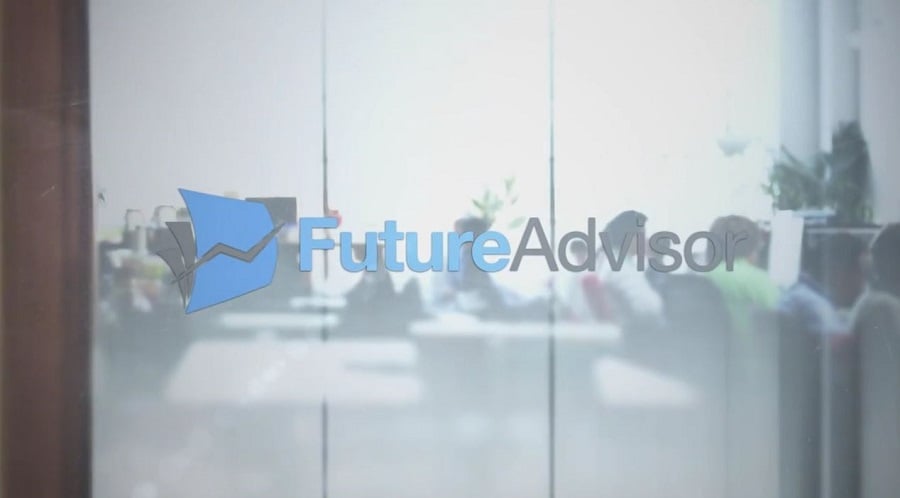

@BillWinterberg when you want the tech, and not the AUM.
— James Osborne, CFP® (@BasonAsset) August 26, 2015#Blackrock to acquire #futureadvisor. I think that is a smart move as it is a big fintech but calmer than #betterment or #wealthfront
— J. Fuhrmann (@joeforemann) August 27, 2015Blackrook understands the next tidal wave of investors will demand digital, and this transaction proves it - http://t.co/flw8oRkGge
— Russ Kliman (@russ_kliman) August 27, 2015
Relationships are key to our business but advisors are often slow to engage in specific activities designed to foster them.

Whichever path you go down, act now while you're still in control.

Pro-bitcoin professionals, however, say the cryptocurrency has ushered in change.

“LPL has evolved significantly over the last decade and still wants to scale up,” says one industry executive.

Survey findings from the Nationwide Retirement Institute offers pearls of planning wisdom from 60- to 65-year-olds, as well as insights into concerns.
Streamline your outreach with Aidentified's AI-driven solutions
This season’s market volatility: Positioning for rate relief, income growth and the AI rebound
